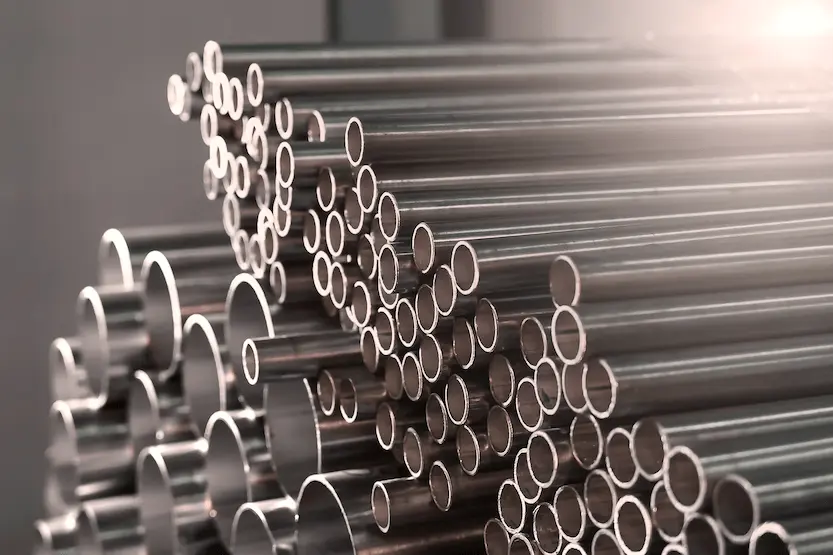Using the right stainless steel pipe in Singapore isn’t just about quality—it’s about making sure your project follows all government rules and safety standards. Singapore has some of the strictest regulations in the region, especially when it comes to piping systems used in water supply.
Whether you’re working on a small job or a major development, understanding how to meet these standards is crucial. This article will guide you through the key requirements and show how you can make sure your pipes are fully compliant.
Understanding Singapore’s Regulatory Framework
In Singapore, the Public Utilities Board (PUB) oversees the water supply and water fittings regulations. One key regulation is the Water Supply (Water Fittings) Regulations 2005, which sets clear guidelines for materials and installation methods used in plumbing and piping systems.
If you are installing stainless steel pipes for water or drainage systems, they must meet PUB’s requirements. Failure to comply could result in legal penalties or your project being delayed or stopped.
Material Standards for Stainless Steel Pipes
Not all stainless steel is suitable for use in Singapore’s infrastructure. PUB requires stainless steel pipes to meet minimum standards, usually Grade 304 or higher. This ensures the pipes are strong enough to resist corrosion and can handle water pressure safely.
Standards such as BS EN 10088-2:2014 are used to check the chemical composition of stainless steel. Pipes must also have proper labelling and documentation for traceability—so it’s easy to confirm where the materials came from and if they meet the required quality.
Certification and Testing Requirements
To meet Singapore’s standards, your stainless steel pipes need to pass several tests and come with certifications. Depending on the type of pipe, the following standards may apply:
- BS EN 10216-5:2013 for seamless pipes
- BS EN 10217-7:2014 for welded pipes
The pipes must go through checks such as:
- Visual inspection for defects
- Dimensional checks
- Tensile strength tests
- Leak tightness tests
- Pitting corrosion resistance tests
These tests ensure the pipes are fit for use and safe over time. Certification must come from accredited testing bodies, which proves that the materials have been properly assessed.
Installation Practices and Compliance
Meeting material standards is only half the story. Stainless steel pipes must also be installed correctly according to PUB guidelines. That includes using the right fittings, supports, and jointing methods. Common mistakes—such as using incompatible sealants, incorrect slope gradients, or poor welding—can all lead to non-compliance.
Proper installation not only avoids penalties but also extends the lifespan of the piping system. Always make sure installation work is carried out by trained professionals who understand local standards.
Consequences of Non-Compliance
Failing to meet Singapore’s pipe standards can lead to several problems:
- Legal penalties or warnings from PUB
- Project delays caused by the need for rework
- Increased costs from replacing faulty materials or correcting poor installation
- Reputational damage, especially for contractors or developers
To avoid these issues, it’s always best to choose high-quality materials from a trusted supplier and follow best practices from the start.
HiMetal – Your Trusted Source for Stainless Steel Pipe in Singapore
At HiMetal, we know how important it is to meet Singapore’s strict regulations. That’s why we supply high-quality stainless steel pipe in Singapore that meets PUB and international standards. All our products are tested, certified, and come with the right documentation to support compliance.
Our team can guide you in choosing the right pipe for your project, ensuring everything is up to code from the start. Whether you’re handling water supply lines or drainage systems, we’re here to help you do it right.
Looking for reliable stainless steel pipe in Singapore? Get in touch with HiMetal today—we’re ready to support your project every step of the way.

